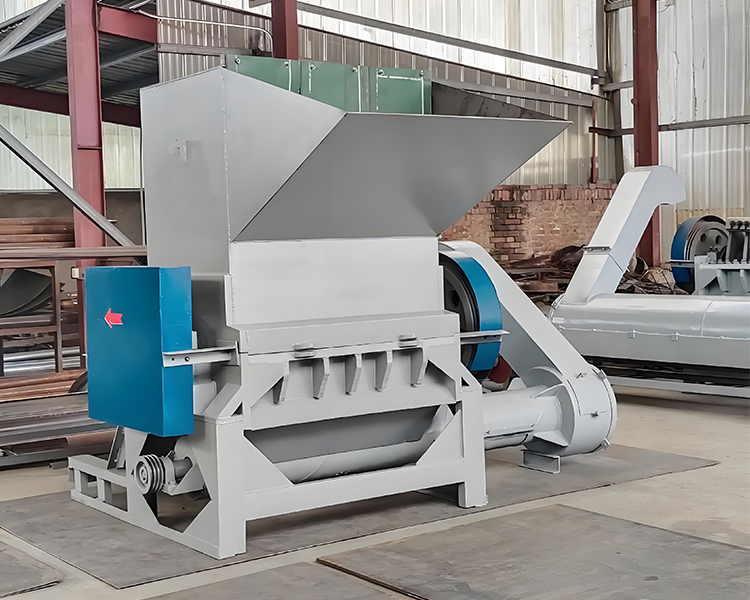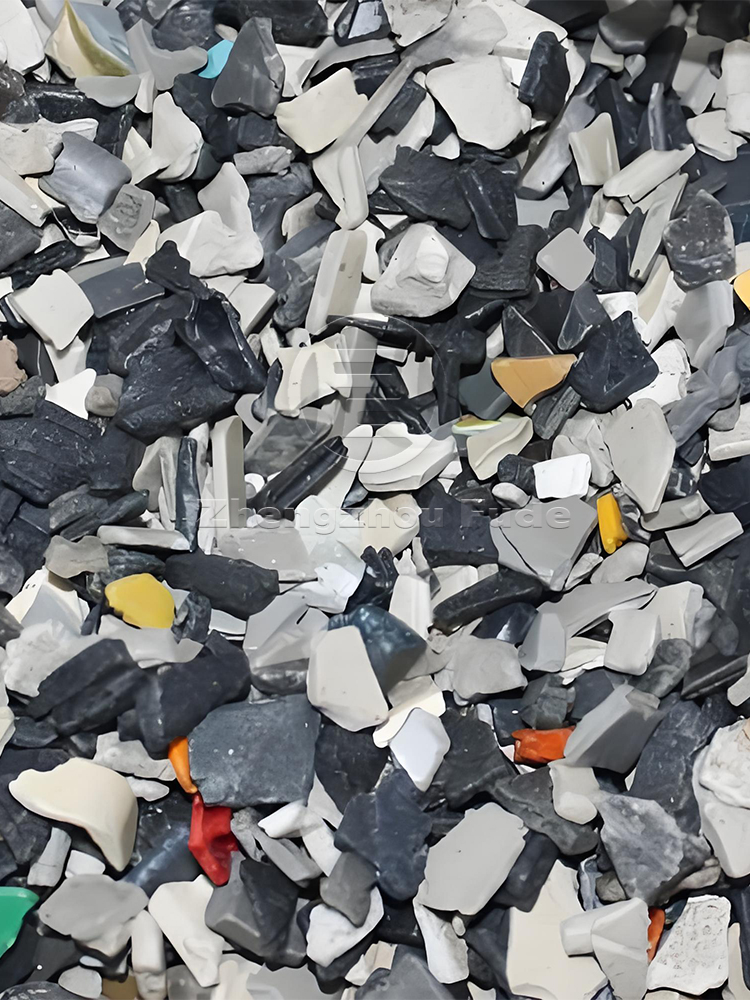What is plastic crushing?
739Plastic crushing refers to the process of transforming plastic products into small particles or small pieces of material through a series of processing methods.
View detailsSearch the whole station
Plastic crushing is the process of converting large or irregularly shaped plastic waste into small particles or fragments for subsequent recycling, reuse, or disposal. The following is its general process flow:





Throughout the entire process, quality control and testing are required for raw materials, intermediate products, and final products. This includes testing the material, color, particle size, impurity content, and other indicators of plastic to ensure that the product meets relevant standards and requirements.
During the plastic crushing process, environmental regulations and safety standards should be strictly followed. Effective measures need to be taken to control pollutants such as noise and dust generated; At the same time, it is necessary to ensure the safe operation of the equipment and prevent accidents and injuries.
In summary, the process of plastic crushing includes multiple stages such as pretreatment, crushing, subsequent processing, quality control and testing, as well as environmental protection and safety. Through scientific and rational process flow and strict quality control measures, plastic waste can be transformed into valuable resources, achieving resource recycling and sustainable development.
If you are interested in the metal processing industry, please consult us at Zhengzhou Fude Machinery. We integrate research and development, manufacturing, and sales, including metal compactors, cake presses, shredders, plastic crushers, metal crushers, shearing machines, etc. We have rich industry experience and professional technicians to recommend equipment, develop comprehensive single machine and production line plans, and offer discounted prices for direct sales from manufacturers. We hope to receive your satisfaction.
Plastic crushing refers to the process of transforming plastic products into small particles or small pieces of material through a series of processing methods.
View detailsThe plastic crusher is composed of a feeding port, a crushing chamber, a sieve, a discharge port, and an electric motor. It crushes plastic through high-speed rotating blades or hammers, and the sieve is filtered and discharged.
View detailsPlastic bottle crusher is a high-efficiency crushing equipment designed specifically for plastic products such as plastic bottles and fruit baskets.
View detailsPlastic crushers can process waste plastics into plastic pellets that can be reused in the production process.
View details